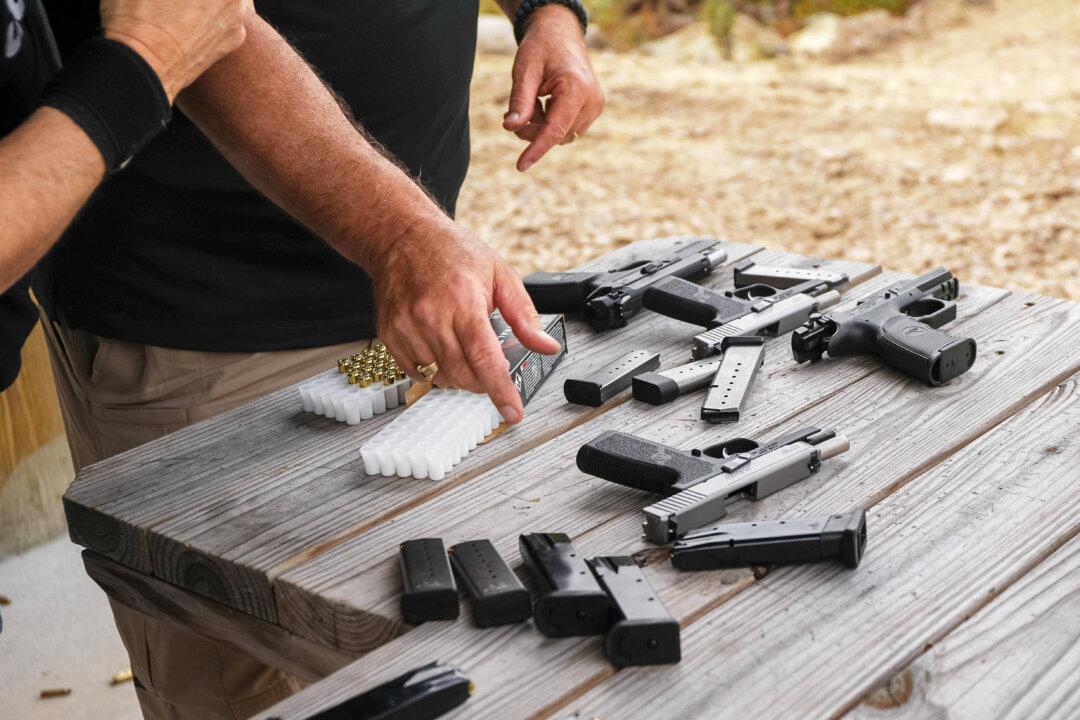Pennsylvania laws imposing restrictions on gun possession for young people are unconstitutional, a federal appeals court said in a new, split ruling.
A panel of judges on the U.S. Court of Appeals for the Third Circuit reconsidered whether Pennsylvania’s ban on 18- to 20-year-olds openly carrying guns during emergencies was constitutional after the U.S. Supreme Court in 2024 remanded the case back to the circuit court.





